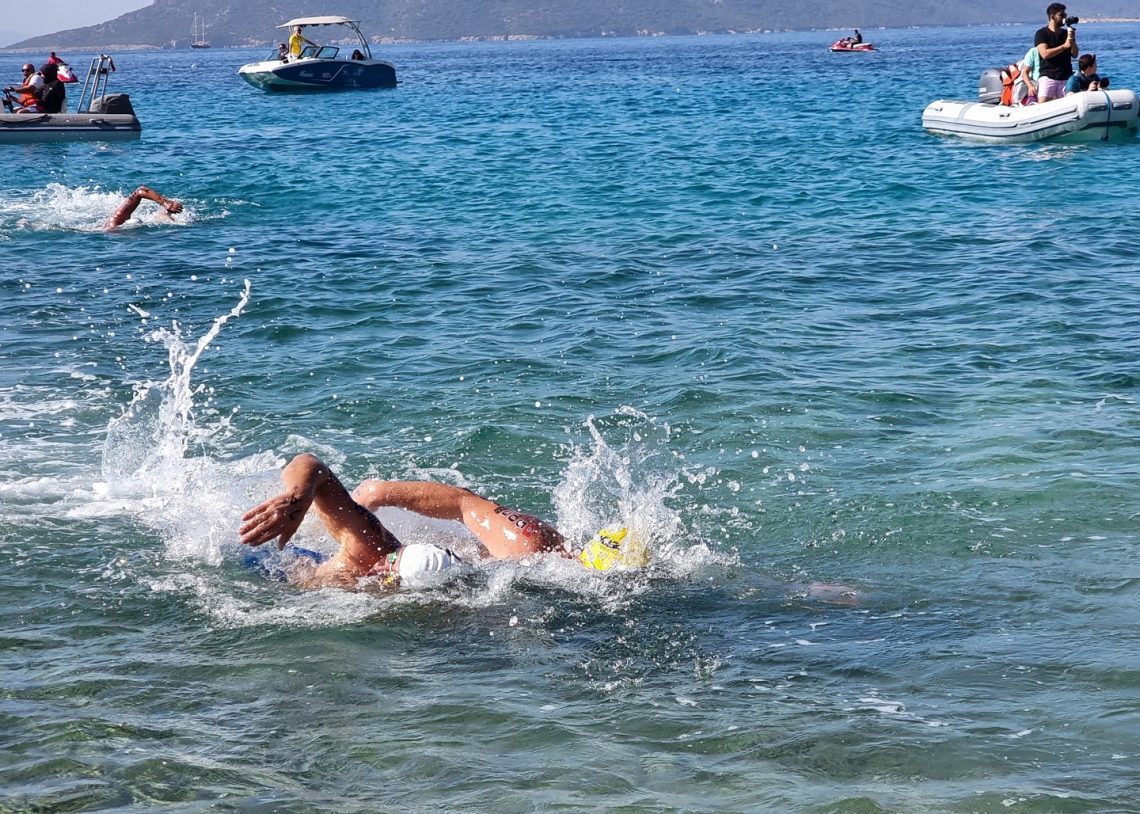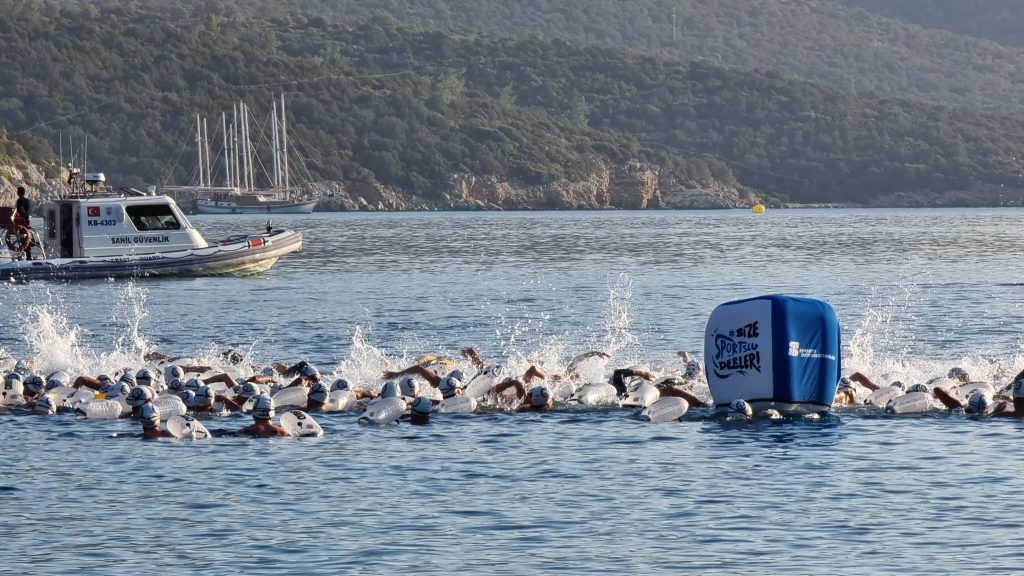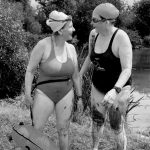
Why aren’t I a faster swimmer?
And what to do about it
I’m far from being the world’s fastest swimmer. In the pool, I don’t even come close to the fastest swimmers in my age group. However, in open water, I sometimes find myself at the front of the field and occasionally still win races. Consequently, people ask me for advice. They want to know if there is a secret to speedy swimming.
Trying to become a faster swimmer as an adult can be frustrating. Most of the people I know who swim fast now, swam fast when they were a child. I’ve met hundreds of adult swimmers who train hard and work diligently on their technique, yet struggle to make the improvements they desire. They feel they should be faster and that, perhaps, they are not as fast a swimmer as they should be given the effort they’ve put in. Why is this? And what can you do about it?
Unfair comparisons
Fast swimmers typically make what they do look easy. It really does look like there is some magic secret to swimming fast. However, when we watch them, we’re only seeing a snapshot. We don’t see the hours they’ve spent refining their swimming technique, building strength in the gym, working on their mobility, and the millions of lengths they have swum. It’s the hard work that’s gone in beforehand that makes what we see now seem so effortless.
You may think you have also put in the hours, and that the level you’ve reached isn’t congruent with the effort you have put in. But why do you think that? There’s no formula that I know of linking swimming speed to hours spent practicing. Who says you should be able to swim at any particular speed?
I’ve met swimmers of a similar age to me, of similar physical proportions, and who do (or claim to do) much less training than me, yet are faster. It seems unfair. But that’s just how swimming is. Maybe they devoted all their teenage years to swimming. Maybe they didn’t. The point is, trying to draw conclusions from such comparisons is a fool’s game. If you can, stop comparing yourself with other swimmers.
But I still want to get faster!
Even if you manage to stop comparing yourself to other swimmers, you will compare your current swimming speed with what you could do in the past, whether that’s a few weeks or many years ago. That’s inevitable, but not always helpful, especially if you’ve taken a long break. The comparison that’s most useful is the one over the period where you have been consistently training and following a plan. Anything else is mostly a distraction.
Even so, progress may be slower than you expect. It will almost certainly be slower than you want. You will likely suffer setbacks and get temporarily slower. Nevertheless, swimming faster is possible. Here are my suggestions for how to go about it.

1. Devise your own route map
To swim faster, you need to work on technique, mobility, fitness, strength, and skills. Ideally, you should schedule in time each week to work on all of these. Map it out so you know in advance what you should be doing each day. Dedicate some time to thinking and planning. Assess your current strengths and weaknesses, and allocate your efforts to where you will make the biggest gains. If you don’t know, then the order I’ve listed things above is a reasonable place to start. Think about the process not the outcome, and design a programme that’s enjoyable. The best route map for you is the one you will follow, and it’s unlikely to be identical to anyone else’s.
2. Find a guide, coach or mentor
Your swimming journey will be more satisfying and successful if you have good support and advice. This could be from more experienced swimmers around you, a swim coach or a mentor. Find someone you can discuss training options with and ask your swimming-related questions. If creating your own route map is too daunting, a coach or mentor can help you design a programme that fits your lifestyle. Connect with other swimmers too – it’s great to have other people to swim with. And sign up to Outdoor Swimmer magazine. Regular tips and stories from other swimmers will keep you inspired.
3. Commit to doing the work
Elite athletes swim fast because they dedicate a significant portion of their lives to the task. Most of us neither have the inclination nor the time to revolve our lives around swimming training. It’s our hobby, not our profession. While this means you won’t achieve elite-level speeds, it doesn’t mean you can’t get faster. The key thing is to be consistent. It’s better to commit to a low intensity programme you enjoy and can stick with than one that’s overly ambitious and burns you out. Be realistic about what you can fit into your life. If you can’t find an hour each week to work on mobility, for example, could you at least find five minutes? Some is better than none. And those five minutes build up over the year.
Finally, be your own cheerleader
Swimmers tend to be good at praising each other and admiring other people’s progress while being harsh on themselves. If your swim buddy misses a training session, you’d tell them not to worry, that one missed session won’t make a difference as they are generally so consistent with their training. So why tell yourself you’re doomed if life gets in the way and you can’t swim for a few days? Be kind and encouraging, and be proud to get back to your programme when you can.
If there is a secret to swimming faster, I don’t know what it is. But I do know that consistency and patience are essential. It also helps to engage mentally in the process and think about what you are doing. Becoming a faster swimmer is a fascinating long-term project. Allow yourself the time and enjoy the journey.
Credit where it’s due
The best ideas are often stolen. I was inspired to write this after reading Dan Holton’s blog: I feel like I should be a better guitar player by now
https://yourguitaracademy.com/blog/guitar-lessons/I-feel-like-I-should-be-a-better-player-by-now









